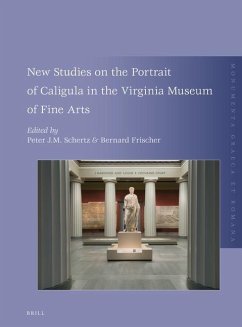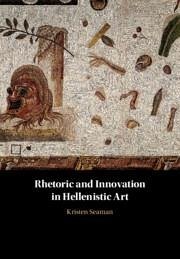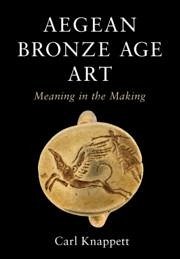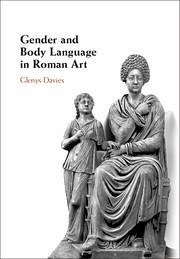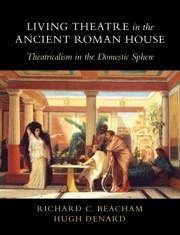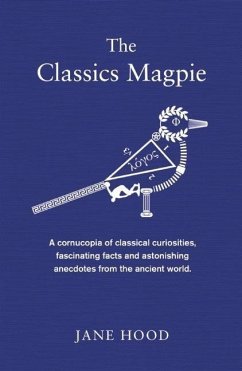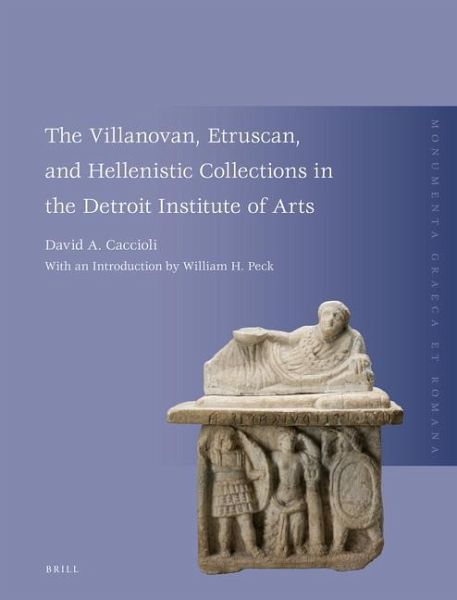
The Villanovan, Etruscan, and Hellenistic Collections in the Detroit Institute of Arts
Versandkostenfrei!
Nicht lieferbar
The Villanovan and Etruscan collections of the Detroit Institute of Arts not only represent an important source of Classical Antiquity in the United States, but also serve as a historical model of how such artifacts were acquired by large American museums from the late-nineteenth through mid-twentieth centuries. These collections provide museum visitors, scholars, and students with an indepth view into one of antiquity's most fascinating peoples, the Etruscans and their predecessors. The wide-ranging collections contain artifacts from every aspect of Etruscan life such as utilitarian tools and...
The Villanovan and Etruscan collections of the Detroit Institute of Arts not only represent an important source of Classical Antiquity in the United States, but also serve as a historical model of how such artifacts were acquired by large American museums from the late-nineteenth through mid-twentieth centuries. These collections provide museum visitors, scholars, and students with an indepth view into one of antiquity's most fascinating peoples, the Etruscans and their predecessors. The wide-ranging collections contain artifacts from every aspect of Etruscan life such as utilitarian tools and weapons, objects for personal adornment, votive statuettes, and cinerary urns to house the dead. One statuette, the Detroit Rider, is considered to be among the finest surviving examples of Etruscan small sculpture. The catalogue brings together all of these pieces for the first time with photographs and relevant bibliographic sources on their cultural and religious functions in antiquity.




